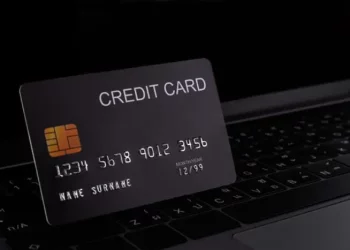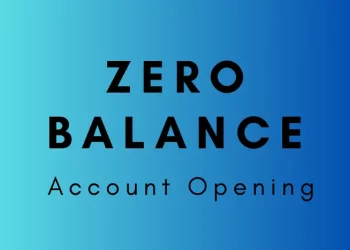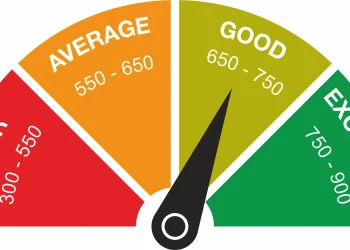Before settling your credit card dues, you might ask whether this will help improve your credit score. The good news is, yes, settling your dues can improve your credit score. However, you need to be disciplined and patient for this.
What you need to remember is that there are a lot of factors that decide your credit CIBIL score. This article discusses how to improve your credit score after settling your credit card debt. It also explains the different ways to lower your credit utilisation and how to apply for a higher credit limit.
Smart Ways to Improve Credit Scores
Limit the Credit Utilisation Ratio
The credit utilisation ratio is the amount of credit used by you divided by the total credit limit. Restricting this ratio to 30% will help improve credit scores. Whereas exceeding the limit means you are ‘credit hungry’ and can’t control your spending. Here are some easy ways to control your spending:
- Avoid non-essential expenses
- Divide your spending among multiple credit cards
- When making a large transaction, clear as much as you can in one billing cycle
Rectify Errors in Your Report
Banks and other financial institutions can make careless errors in your report, which could hurt your score. You might have paid off your bill, which might not be reflected in your credit card statement.
You can check your credit card statement for errors and rectify them before getting your credit score.
Become an Add-On User
If you have a family member with a high CIBIL score, you can become an authorised user on such cards to improve your credit score.
Don’t Discontinue An Old Card
You might be tempted to deactivate an old credit card, but doing so may affect your credit score adversely. The credit utilisation ratio of all your credit cards is important in calculating your overall score.
Settle Higher Dues First
A smart strategy for a better credit score is paying off the credit cards with the highest dues. Because paying off the highest dues reduces your credit utilisation ratio if you have multiple cards.
You need to do more than settle your credit card dues. You must convert the status from ‘settled’ to ‘closed.’ If the status of your credit card is settled, it harms your CIBIL score since it signifies that you still need to settle your dues.
Check with your credit card company and ensure that your credit card status shows ‘closed’ to improve your credit score.
Don’t Miss the Payment Deadlines
Your payment history has a 35% weightage in your overall score. Missing a payment deadline means a lower credit score. To overcome this problem, ensure that at least the minimum payment is made.
Avoid Taking Multiple Credit Cards
Applying for multiple credit cards simultaneously means putting excessive pressure on your finances. A hard inquiry follows every new application. You can be placed in the ‘risky profile’ category since there is a higher risk of default.
Be Patient and Disciplined
The key to improving your credit score is being patient and disciplined. You must develop positive habits like settling your dues on time and not defaulting on your payments.
All these get reported to the credit bureaus, which improves your credit score. Even after settling your credit card dues and developing positive payment habits, it might take some time for your CIBIL score to improve.
Apply for a Higher Credit Limit
You can lower your credit utilisation by increasing your credit limit. While doing this, keep the following points in mind:
- Avoid applying for a higher limit on a new card
- Apply for a small increase on an existing card to avoid a hard inquiry
You can apply for an increase every six months to maintain the credit utilisation under the 30% ratio.
Conclusion
A high score has numerous advantages, including better terms and conditions when applying for loans. And maintaining this is easier than you think. By following the tips mentioned here, you could soon be on your way to a higher score.
Comment below with your opinion about the article. Keep visiting Bloggie Land for more such interesting articles.








